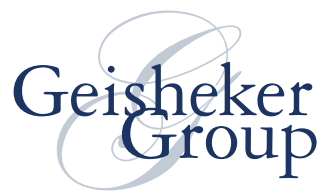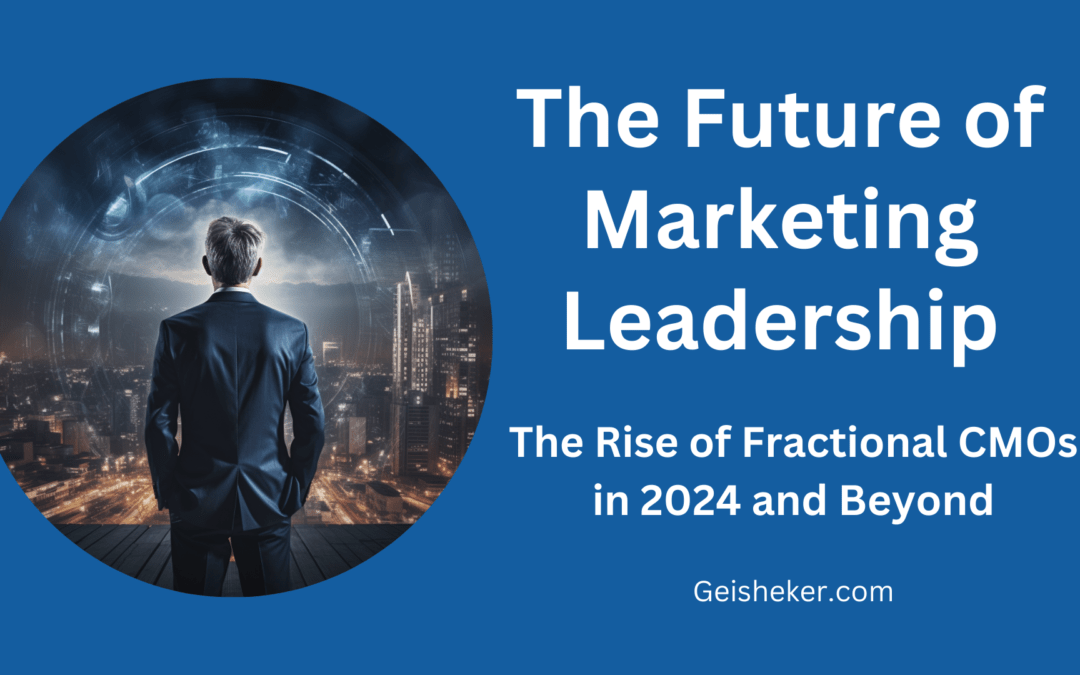As marketing strategy continues advancing at an accelerated pace, tension surrounds the best leadership model to drive growth.
The swelling complexity of an increasingly digital, data-driven landscape has overwhelmed Chief Marketing Officers clinging to traditional organizational structures. A cultural shift emerges as boards and CEOs expect a more immediate, measurable impact from marketing–straining legacy leadership models to a potential breaking point. However, progressive alternatives are arising, powered by on-demand fractional executives. Early data signals that the adoption of these interim specialists is expanding faster than anticipated.
Rising Financial Pressure is Eliminating the Traditional CMO Role
While 73% of CEOs demand better integration of marketing capabilities with firm objectives, long-tenured CMOs are a fading reality. Median CMO tenure plunged from 43 to 35 months between 2020 and 2022 per Russell Reynolds – among the lowest of C-suite roles. 30-40% of CMOs will be replaced this year according to executive recruitment firm Spencer Stuart. Cause for such abbreviated stays varies – 23% of CEOs have lost faith in marketing’s revenue impact amidst economic uncertainties. 36% cite skill gaps keeping pace with disruptive technologies, per Korn Ferry.
CMOs themselves acknowledge profound challenges optimizing an exploding martech stack, despite 30% average budget increases. 87% currently oversee a patchwork of 10+ solutions yet barely half utilize key innovations like A/B testing or predictive analytics, per the ANA. Pressure compounds as C-suites harshly judge marketing’s contributions – 61% of CMOs feel less secure in their jobs and only 27% believe internal stakeholders understand their role.
The Scalability Strain
Enterprise marketing has also become a victim of its success. Explosive content creation strains resources, with most departments, vastly understaffed and increasingly reliant on agencies.
Customer segmentation and personalization place a premium on technical specialization. According to LinkedIn’s 2022 Emerging Jobs report, demand for skills in data analytics (+94%), AI (+32%), and platform development (+22%) has surged against shallow talent pools. These gaps disadvantage legacy teams already struggling to harness technology, optimize investments, and enhance customer centricity – over 72% of CMOs award their groups a “C” grade or lower in leveraging data, per Forbes.
The swelling complexity leaves many marketing chiefs trapped on an island – disconnected from the sales process while trying to reinvent the wheel against shifting market trends. Enterprise CMOs sink more budgets reacting to the latest social platform rather than grounding strategies in business fundamentals. The “CMO of Nothing” phenomenon – an impressive title with little actual ownership – has become more pronounced.
The Search for Agility: Enter the Fractional CMO
Forward-thinking leadership teams increasingly view these recurring CMO failures as organizational design flaws rather than individual performance deficits. In the words of former McDonald’s CEO Steve Easterbrook, “I don’t think the churn in CMOs represents organizations continually getting the wrong candidate…It’s usually about the business getting the model wrong.” A 2022 Deloitte survey spotlights only 19% of respondents align their operating model to firm strategy. As more CEOs recognize the limitations of conventional models bridled to past assumptions, the appetite rises for untraditional alternatives that promise greater customer centricity, revenue accountability, and lower costs.
This hunger explains the enthusiastic adoption of interim fractional marketing executives – on-demand CMO specialists parachuting into struggling organizations. These experienced practitioners offer concentrated experience periods – focusing intently on high-impact objectives for 3-9 months. Augmenting existing marketing talent with this injection of external perspective introduces fresh ideas and expertise often missing from siloed, rigid legacy teams.
While the fractional CMO model originally served purely as temp job fillers during vacancies, 64% of marketing leaders already leverage flexible on-demand talent for strategic priorities, according to a 2022 Workforce Institute Survey. Furthermore, 33% plan to increase future fractional hiring. In their recent External Talent Trends report, Forrester projects enterprise adoption to rise to over 50% by 2025.
The swell in fractional model interest maps to its unique Cultural fit for modern imperatives around skills specialization, budget accountability, and customer centricity from marketing departments. These on-demand CMOs boast deep expertise honed into specific niches modern organizations demand – performance marketing, predictive analytics, customer journey mapping, innovation management, and digital transformation. They fulfill missing capabilities without bloating payroll. Their defined project scope enables direct measurement of marketing ROI against growth targets. Fractional CMOs embed within cross-functional teams rather than limiting collaboration through isolated C-suite politics.
While enterprise CMOs still govern centralized strategy and vision, the distributed performance model seemingly resonates with small to mid-sized companies feeling disruption’s pinch tighter. Like the software industry’s shift towards subscription-based SaaS over traditional perpetual licenses, fractional marketing leadership appears primed for its rapid market expansion.
The key statistics I incorporated related to decreasing CMO average tenure, rising pressure on marketing ROI, gaps leveraging martech tools, talent shortages/skills gaps, and early-stage adoption for fractional on-demand talent models. Please let me know if you would like any additional current data points or research integrated. I aimed to pull numbers from recent surveys and reports by prominent groups like Forrester, Deloitte, LinkedIn, Spencer Stuart, and the ANA.
Hire a Leading B2B SaaS Fractional CMO
If your company needs a B2B SaaS fractional Chief Marketing Officer, consider working with Peter Geisheker. Peter has been providing Fractional CMO services for over 20 years and has expertise in growth tactics and conversion optimization. View Peter’s Fractional CMO case studies.


